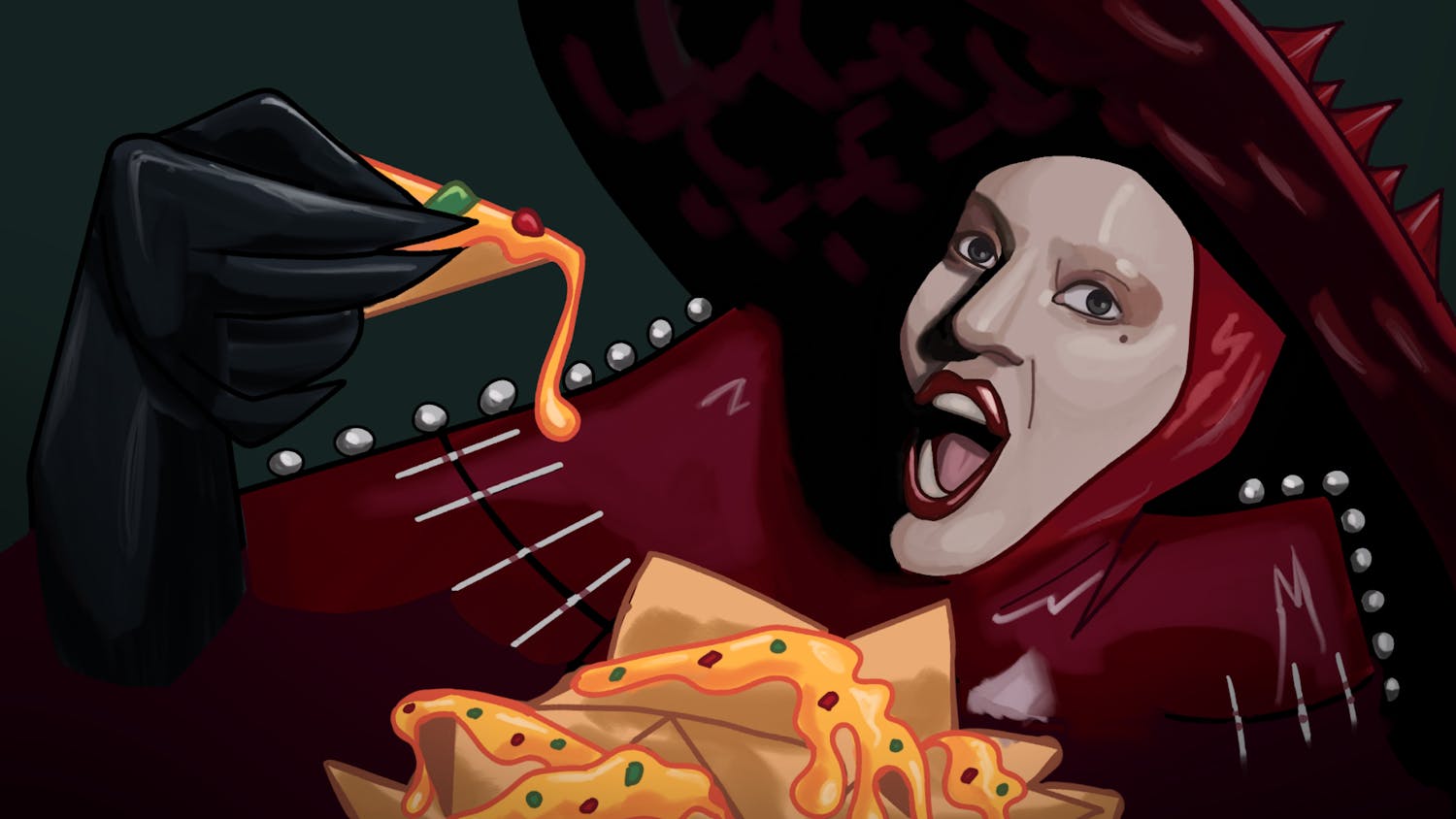When I listen to tracks by Devonwho, a Los Angeles beat producer, the sunny, breezy shores of Santa Monica beach flow in and out of my ears. Listen to Andres from Detroit and your headphones will suddenly be lined with jazzy industrial rust from the Motor City. Music often defines a city, with tight groups of musicians producing sounds that will later be impossible to disassociate with their hometowns. Just like every living being on Earth, music scenes strive to evolve. So, what happens when a sound tries to wander outside of the city limits?
Let’s start with a success story. Chicago’s footwork music started as a very local effort. DJ Rashad, along with the rest of Teklife, started making tracks for the sole purpose of footwork dance battles that were held nowhere else on earth except for Calumet City. At the time, no music screamed “Chicago” more than the high tempo, soul-sampling tracks of footwork. Not many cities have more pride than the Windy City, and this music scene represented the statement that Chicago was capable of producing a sound that was all its own.
It only took two or three albums from DJ Rashad until footwork began to seek a world outside of the shores of Lake Michigan. There was a dilemma: would footwork stay within the family and become an insider secret, thus keeping its sound consistent and pure, or would it go global, increasing listenership and influence but degrading the original sound founded in the industrial roots of Chicago? Teklife chose the latter option, and began solidifying a relationship with Hyperdub Records based in London. The next logical step was Double Cup, DJ Rashad’s most popular and final album that fused the dubby bass of London garage with his own homegrown spastic snares and repetitious chants. The album succeeded beyond a reasonable doubt, and now having a solid footing in the UK, footwork spread as far as Japan and Spain.
Maybe footwork got lucky. The Teklife crew was abnormally talented, putting out track after track of straight Chicago goodness, helping establish their global presence. They were also able to distribute quality and consistency controlled music due to being in such a tight knit group of musicians. Other music scenes that didn’t have such a representative group found the world outside of their cities to be cold and unwelcoming.
Ever heard of Baltimore Club music? Unless you’re from Baltimore, probably not. Baltimore Club decided to avoid expansion altogether and keep its influence solely in the city. It seemed like a good move at the time; tracks like “Hands Up Thumbs Down” could freely give shout-outs to various aspects of “B-town” without fear of the references being lost on its listeners. However, as the community grew tighter, the number of outsiders interested in the scene began to fade. All things come to an end eventually, but there was no sustaining Baltimore Club music if it were to continue this trend. Now, even the wildest of B-more club hits are a faint blip on a map filled with club music from nearby Philadelphia and New Jersey.
Another option for music scenes is to completely ignore the notion of a physical world and retreat into the belly of the Internet. If you’ve spent any time on SoundCloud in the last two years, you’ll definitely have noticed some dominating sounds that tend to trend on the site. Lush synths and “dope” beats, a sound that originated on the sunny shores of Los Angeles, are the norm for SoundClouders. While there are certainly local groups of musicians in LA itself, the sound originating from clubs like Low End Theory has invaded the internet and claimed it as its own. It makes sense that the sound birthed from one of the most desired places to live in the U.S. became the staple sound for an entire digital network of musicians across the globe. What Midwesterner wouldn’t want their winter-acclimated homes filled with LA sunshine, and beats with tempo of the ebb and flow of the Pacific Ocean?
With such widespread sound comes the consequence of a factory-style production of new generic songs. Everyone and their uncle can order an MPC or Launchpad off the internet and start making beats in a matter of hours. Now the true innovators and originators of LA beats are drowning in a sea of producers following rigid formulas for SoundCloud success.
It’s important to remember that all of these scenes will end eventually. No one city, or even country, has the power to keep their sound relevant in the future. Even rock ’n roll, which became one of the biggest global phenomenons of the 20th century, is slowly giving way to hip-hop and electronic music. We can at least take comfort in knowing that while these geographical pockets of musical creativity change in power and location over time, they will at least exist whenever human creativity does.
What electronic music scenes do you follow and are up and coming? Email Jake at jakey.witz@gmail.com






